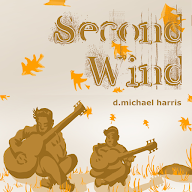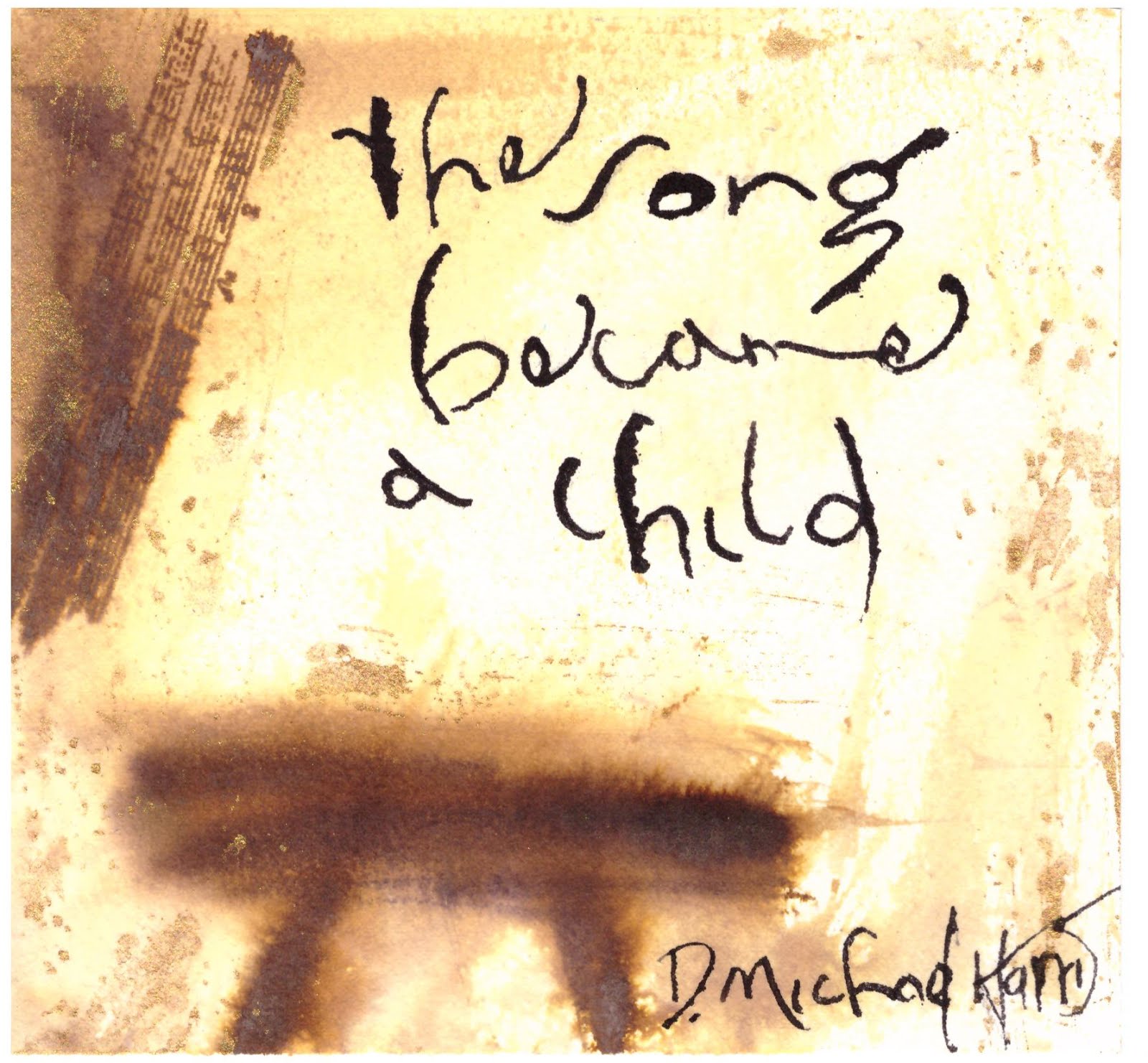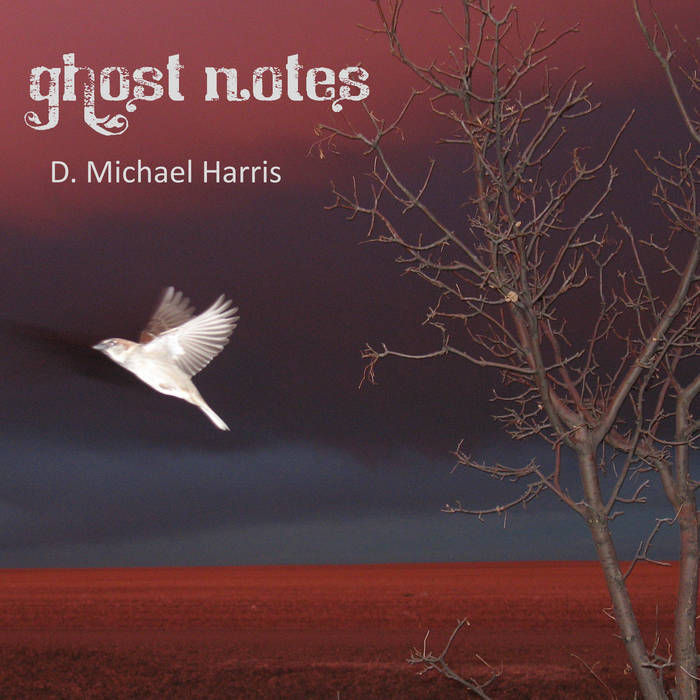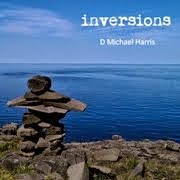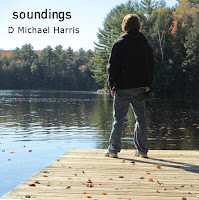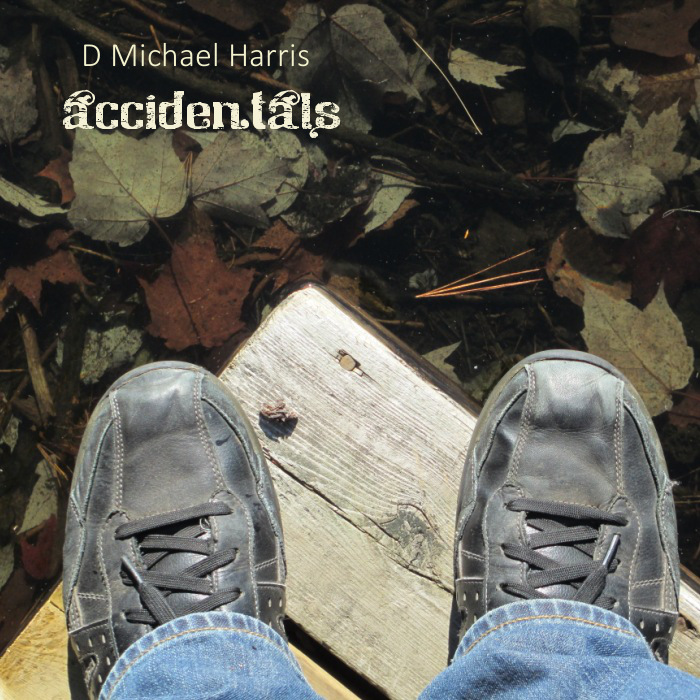.JPG) Little perfect newborn hands
Little perfect newborn handsso tiny and pure
Reaching for your mother’ s face,
clutching at her hair
One day they will clutch the cross
and bear it to the hill
Reach out to embrace the nails
Let them pierce that perfect palm
O little tiny newborn hands,
born to do the father’ s will
Little perfect newborn feet
so gentle and warm
Kicking on your mother’ s knee,
swaddled safe from harm
One day they will walk the waves
and make them calm and still
And stand in that forsaken place
And let them pierce that holy hand
O little tiny newborn feet, born to do the father’ s will
You were born to live, born to die
Three days later your would leap up on high
O little hands of God, born to beckon me
Rest now on your mother’ s knee, rest now on your mother’ s knee
Little wrinkled newborn brow crowned with a wisp of hair
Cradled in your mother’ s arms, quiet and fair
One day they will sweat forth blood and bear a crown of thorns
Twisted out of sin and shame
To break and mock your holy name
O little wrinkled newborn brow, born to bear our sin alone
Little crying newborn eyes so dark and so deep
Seeking for your mother’ s breast for comfort and sleep
One day they will see the grave and weep on that morn
Weep for our helplessness
Weep in your love for us
O little crying newborn eyes, born to bear our sin alone
You were born to live, born to die
Three days later you would leap up on high
O little eyes of God, born to seek for me
Sleep now on your mother’ s knee, Sleep now on your mother’ s knee




